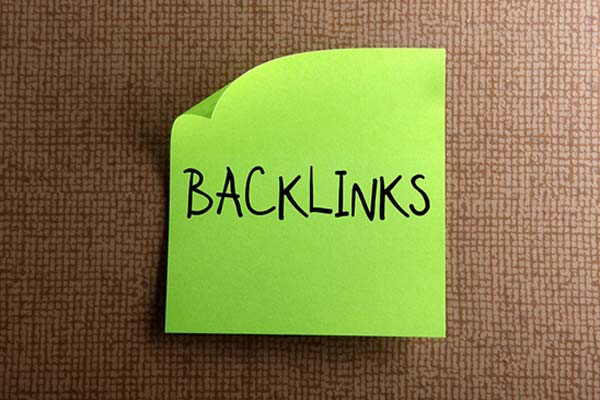For many webmasters, SEO is seen as a game, and the way they play that game is to ignore all the rules which Google have published in terms of which SEO tactics they reward or punish. One of the biggest areas around which much this so-called game revolves is backlinks.
The reason why backlinks are so sought after is it is one of the primary ways in which Google assesses a website to determine its relevancy and its authority. Backlinks are almost like an SEO currency where the more you have the richer you are, or in Google’s eyes, the higher you get ranked.
Unfortunately, just as counterfeit money exists, there are backlinks which are not all that they seem. They are backlinks certainly, but they are not backlinks which have been earned in the way a link from a press release or an online article would be earned. This is why Google dislikes them because they are so easy to obtain and can skew a website’s true SEO score.
Below we have highlighted several backlinks methods that you should avoid if you want to stay on the right side of Google. If you use any of these they either have no positive impact on your ranking or if Google discovers them, don’t be surprised if you find your website ranked three or more pages further down the rankings than before.
#1 Article Directories: Links from these directories such as Ezine Articles, were devalued years ago by Google, as they believed they were full of articles which were almost identical for any given subject. Whereas, specialist online directories such as Slinky Directory provides a good quality link to helpful sites.
#2 Automatic Link Generating Service: These often appear on websites like Fiverr and offer crazy deals like 20,000 backlinks for $5. They are created by bots, and if Google sees them linking to your website, it will plummet down the SERPs
#3 Paid Links: This isn’t referring to paid links, such as when you pay for legitimate online advertising but instead is when you pay an obscure online directory for backlinks. Google regards paid links with great caution, so it is debatable whether they have any SEO benefit at all.
#4 Spammy Forums: Again, we need to differentiate between legitimate forums which have lots of active users who post good content, and ones which are like a ghost town, and get used purely for backlinking. These are regarded as spam by Google.#5 Hidden Links: These are backlinks which are hidden from the visitors to the website and from Google when it crawls the website. One of the most common ways it is done is by having anchor text with the same colour as the background. Another is to hide it in a full stop, or comma. Your website will certainly be penalised if Google discovers it has outbound or inbound hidden links.
#6 Reciprocal Linking: It may seem that there should be nothing wrong with agreeing to link to another site if it links to you, and there are certainly many legitimate reasons this may happen. However, over the years Google has grown sceptical about this practice due to the number of link farms and exchanges which operate using reciprocal links. If you are going to exchange a link, only do it to a reputable site that has some authority.
#7: Foreign Websites: With a website written in English and targeted towards an audience in Australia, it would look very strange if you had lots of links coming from Chinese or Russian websites. Google certainly believes so, and therefore they will penalise a website that they suspect is trying to game the system with lots of backlinks from foreign language sites.

